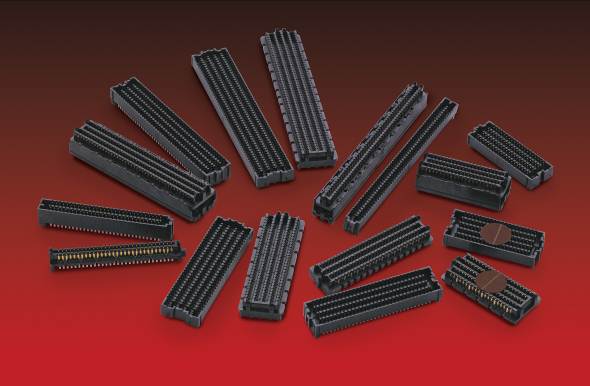Liquid Crystal Polymers (LCP)
LCPs (Liquid Crystal Polymers) are partially crystalline aromatic polyesters based on p-hydroxybenzoic acid and related monomers. LCPs form areas of highly ordered structures when in the liquid phase but the degree of order is less than that of a regular solid crystal. LCPs are fire resistant at high temperatures and chemically resistant in very thin walled applications. LCPs are typically used for medical applications, including trays and drug delivery systems, and in diagnostics for the automotive and telecommunication industries.
- History
- Properties
- Applications
- Processes
- Recycling
- Faq
History
1890: Otto Lehmann first identified the "liquid crystal phase" of matter.
1968: Commercialisation gathered pace when George Heilmeier developed the first liquid crystal application prototype.
1970s: Subsequent global research efforts led to liquid crystal applications replacing conventional display devices.
By the 1980s-1990s this included portable PCs, mobile phones and electronic toys.
Properties
- Heat deflection temperature (HDT) of 271°C
- Surface mount compatible
- UL-94 V0 with no additives
- Exceptional flow Chemical resistance
Applications
- Coatings
- Composites
- Additives
- Electrical motor components
- Electronic applications including sockets, bobbins, switches, connectors, chip carriers and sensors (many of these now outperform ceramics, thermosets and other high temperature plastics)

- High-Intensity LEDs
- Surface Mount Technology (SMT) components
Processes
A number of liquid crystal polymers (LCPs) were produced in the 1970s displaying order in the melt (liquid) phase analogous to that exhibited by non-polymeric liquid crystals. However, the commercial introduction of liquid crystal polymer resins did not occur until mid-1980s. This was when these polymers were first processed conventionally at fast speeds, delivering excellent replication of mold details and efficient use of regrind.
Recycling
LCPs are recyclable and can be used for energy recovery.
